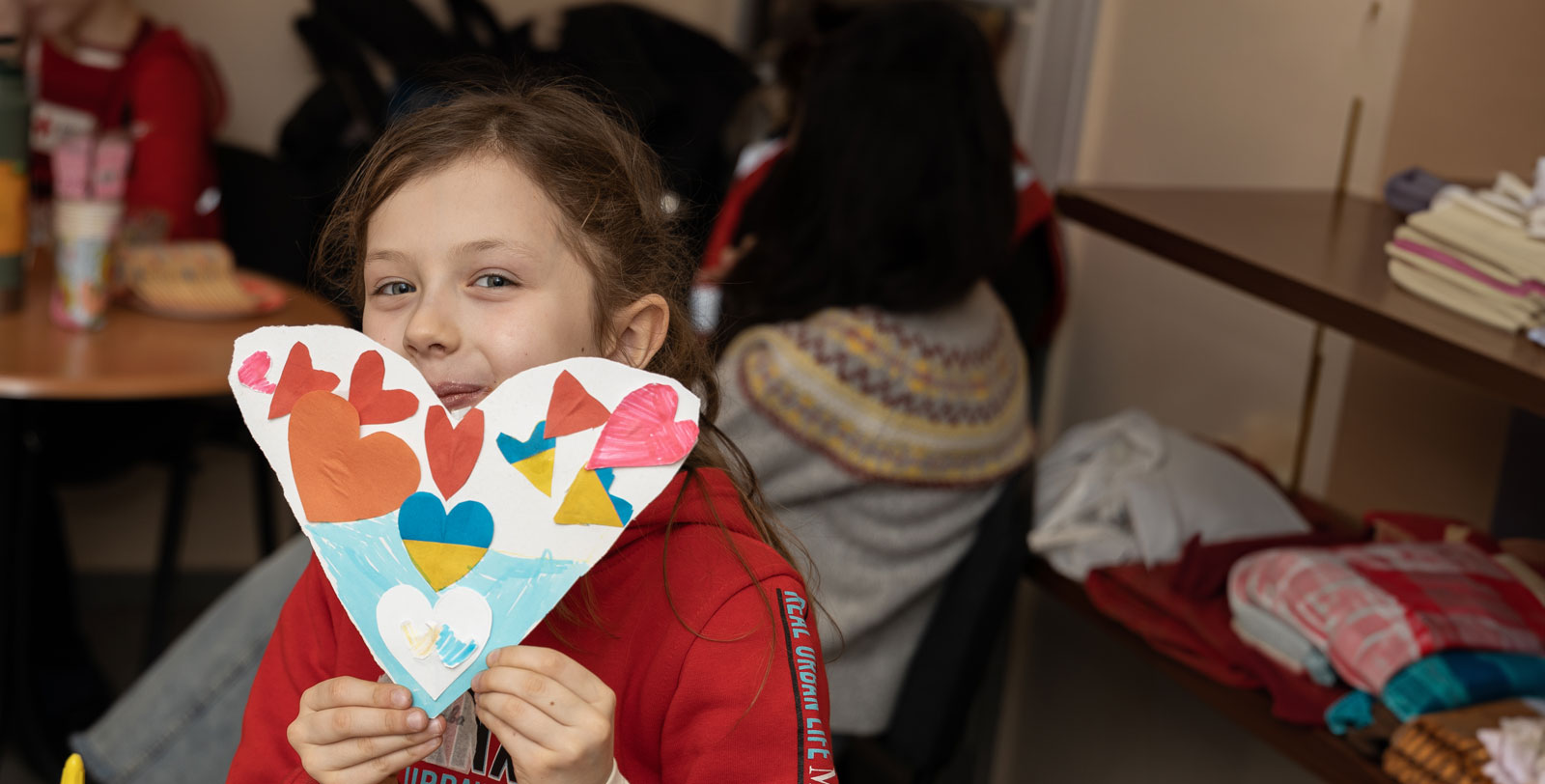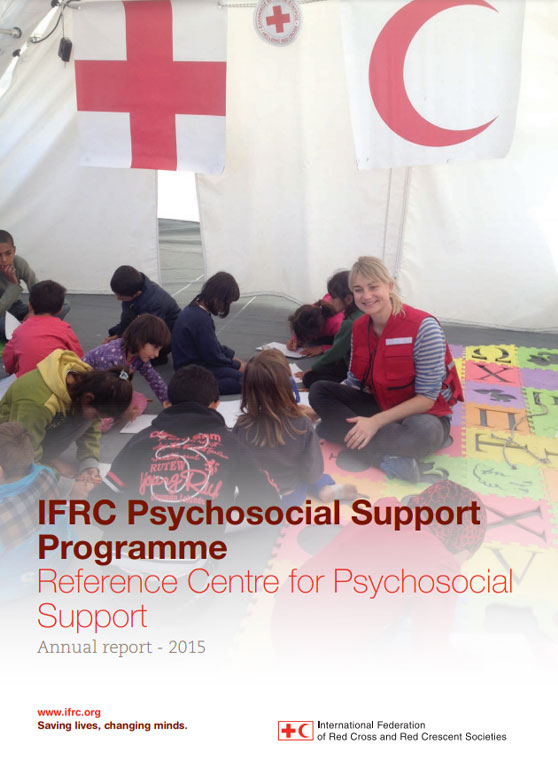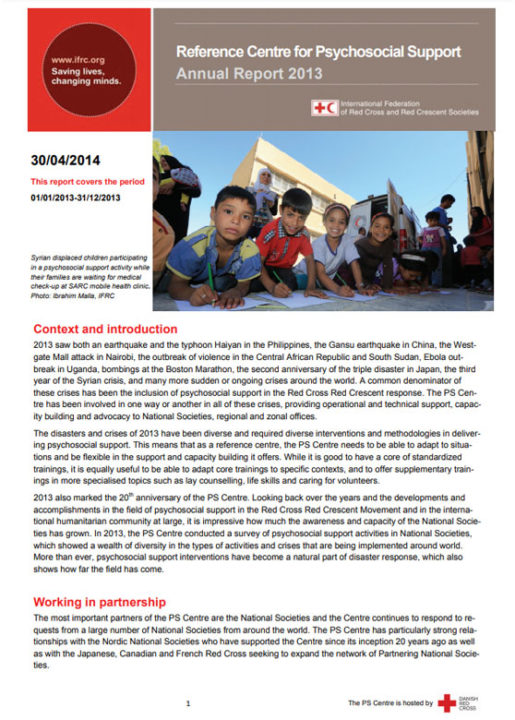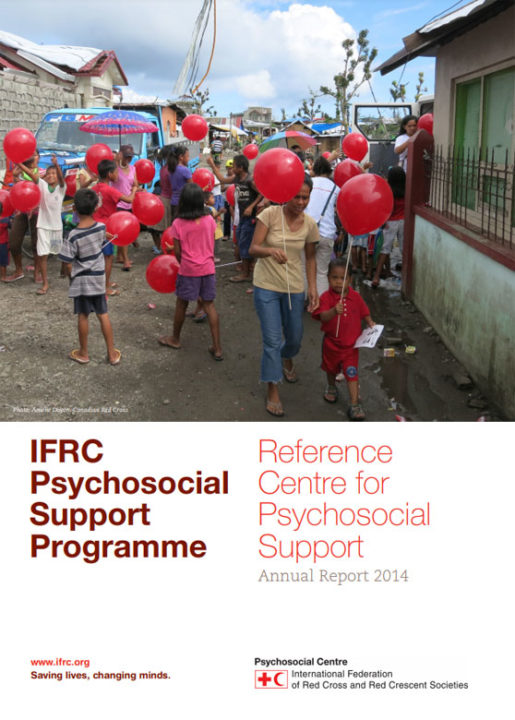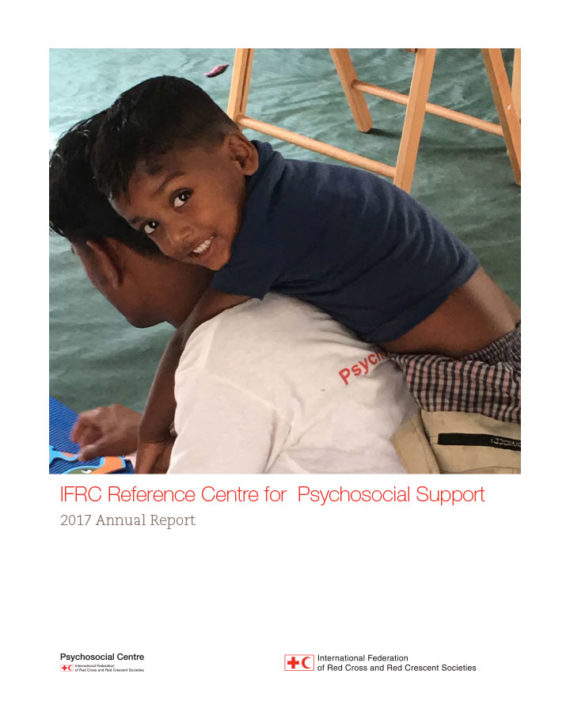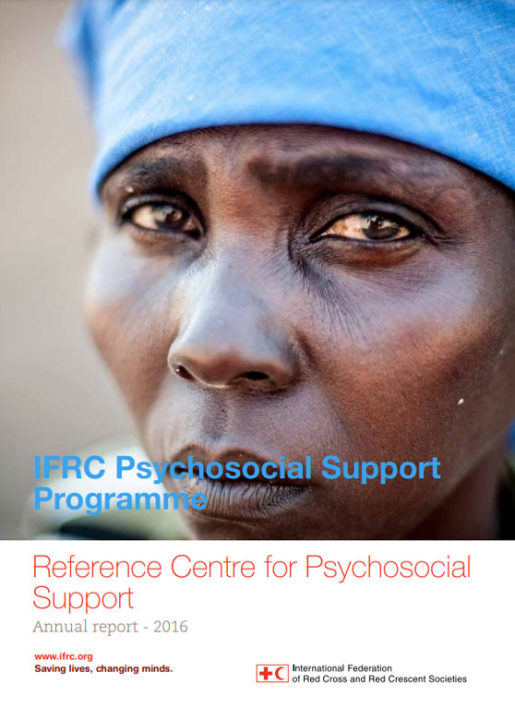Pictures of volunteers rescuing families from rough and frigid waters on the shores of Europe and pictures of drowned children lying on the beach are some of the strongest images in the
international media from the past year. 2015 became the year when migration was placed high on the international humanitarian and political agenda. This was mainly due to the unusually high numbers of migrants seeking refuge in Europe, but migration is a growing phenomenon with global consequences. Migrants leave or flee their homes to seek opportunities, protection or safer and better lives. Some flee abject poverty and climate changes that are rendering their lands impossible to live on, others flee war and conflicts alone or with their families. For many the journey to safety is almost as dangerous as the situation they are trying to escape.
While the situation and the needs vary greatly from one migrant population to another as well as within each population, most migrants have psychosocial support needs in their countries of origin, during their journey and in their new host countries. All over the world, National Societies are responding to the psychosocial support needs of migrants along the migration routes, in refugee camps and in helping them settle into host communities, or helping returnees re-integrate back into their own communities.
